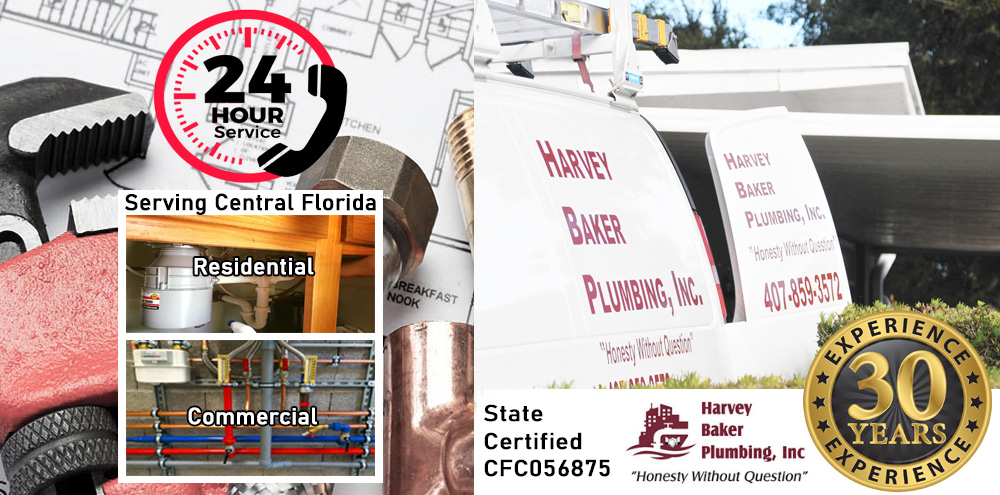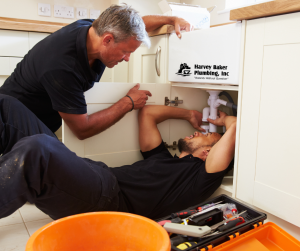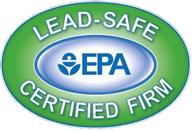Common Household Plumbing Issues and How to Prevent Them
Homeowners often face a myriad of plumbing issues that can turn a peaceful day into a stressful one. From leaky faucets to clogged drains, these problems not only disrupt daily routines but can also lead to costly repairs if left unattended. In this post, we’ll explore some common household plumbing issues and offer valuable tips on preventing them.
1. Leaky Faucets
Drip, drip, drip – the sound of a leaky faucet can be maddening. Beyond the irritation, a constant water drip can waste a significant amount of water over time. The most common cause is a worn-out washer, which is a relatively easy and inexpensive fix. To prevent this, consider replacing washers regularly and be mindful not to turn the faucet handle too tightly.
2. Clogged Drains
Whether it’s the kitchen sink, bathroom sink, or shower drain, clogs are a pervasive plumbing issue. Hair, soap scum, and food debris are frequent culprits. To prevent clogs, use drain screens to catch hair and food particles. Additionally, pour boiling water down drains regularly to help clear potential build-ups.
3. Running Toilets
A running toilet not only wastes water but can also significantly impact your water bill. The culprit is often a faulty flapper or float. Regularly check these components and replace them if needed. Additionally, refrain from using the toilet as a trash can to avoid unnecessary flushes.
4. Low Water Pressure
Low water pressure can be frustrating, especially when trying to shower or wash dishes. It may be caused by sediment build-up in faucets or showerheads. Periodically clean these fixtures and consider installing water pressure regulators to maintain a consistent flow.
5. Burst Pipes
Winter brings the risk of frozen pipes, which can lead to bursts. To prevent this, insulate exposed pipes, especially in colder areas of your home. During extremely cold nights, let faucets drip to keep water flowing and reduce the risk of freezing.
Prevention Tips:
-
Regular Inspections: Conduct routine inspections of your plumbing system. Look for signs of leaks, corrosion, or other issues. Catching problems early can prevent more extensive damage.
-
Proper Disposal: Be mindful of what goes down the drains. Avoid flushing items like wet wipes, paper towels, and feminine hygiene products. Dispose of cooking grease in a separate container rather than down the kitchen sink.
-
Temperature Control: Keep your home adequately heated, especially during winter, to prevent frozen pipes. Set thermostats to maintain a consistent temperature, even when you’re away.
-
Educate Household Members: Teach everyone in your household about responsible water usage and how to report any plumbing issues promptly.
-
Professional Inspections: Consider scheduling annual professional plumbing inspections. A trained eye can identify potential problems that may go unnoticed.
By staying vigilant and following these prevention tips, you can significantly reduce the likelihood of encountering common plumbing issues in your home. Remember, timely maintenance and small fixes can go a long way in ensuring a smoothly running plumbing system and saving you from unnecessary headaches and expenses.






